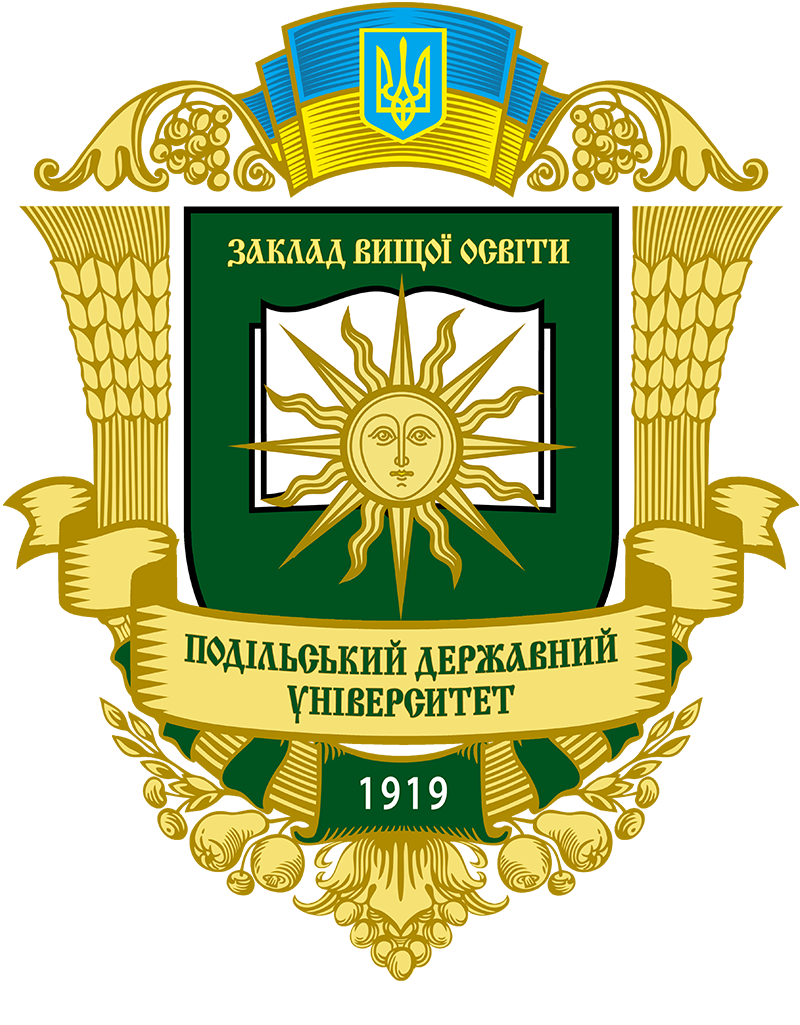MOTIVATION AS A PSYCHOLOGICAL AND PEDAGOGICAL ASPECT OF INCREASING THE LEVEL OF COGNITIVE ACTIVITY
DOI:
https://doi.org/10.37406/2521-6449/2023-1-3Keywords:
cognitive activity, motivation, cognitive activity, general technical disciplinesAbstract
The formation of motivation for the development of students’ cognitive activity in physics plays an important role in the development of the necessary competencies. Therefore, the study of motives, establishing their connection with a specific level of cognitive activity for choosing the most effective ways and methods of developing cognitive activity determines the relevance of this research During the preparation of the article, methods related to the collection of information, analysis of their content, and synthesis of own reasoning with their implementation in the form of system descriptions and schemes were used. This made it possible to explain the vision of the authors for a general understanding of the connection between motivation and cognitive activity. The authors implemented the approach of studying the influence of motivation on the cognitive activity of higher education students from the psychological side, which allows us to talk about a certain type of motivation, which is often called cognitive. The organization of cognitive motivation is important in the educational process also because it does not require additional material costs and at the same time corresponds to the natural curiosity of every person. Cognitive motives can be easily implemented in practice, for example, using cognitive retreats in classes, involving business games, and a kind of construction of the process of studying the topic. The level of cognitive activity is directly related to the student’s motivation. Motivation by content and opportunities provides a simple level, motivation by process – an average level. A student reaches the creative level motivated by self-realization. Since the levels of cognitive activity are related to motivation, the types of motivation are also formed in stages. Thus, motivation is an extremely important factor in the general scheme of both the assimilation of information by a specific individual and in the work of the administrative and teaching staff of an educational institution.
References
Психологія. Вид. п’яте. За ред. Ю.Л. Трофімова, Київ: Либідь. 2005, 560с.
Васянович Г. П. Основи психології: навч. посіб. Київ: Педагогічна думка, 2012. 114 с.
Маркова В.М. Мотивація як провідний чинник успішної діяльності майбутнього педагога. Проблеми інженерно-педагогічної освіти. 2015. № 48–49. С. 307–11.
Єрмаков С., Потапський П., Вільчинська Д., Олексійко С. Оцінка значущості тем з креслення та нарисної геометрії при навчанні студентів архітектурно-будівельних спеціальностей графічній грамотності. Вісник КрНУ імені Михайла Остроградського. Вип. 1. 2023. С. 131–137 https://doi.org/10.32782/1995-0519.2023.1.19
Мокрогуз О.П. Інноваційні технології у викладанні суспільних дисциплін. Чернігів, 2002. 72 с.
Єрмаков С.В. Лекційний виклад теоретичного матеріалу у сучасному суспільному сприйнятті. Збірник наук. праць Вінницького педагогічного університету. Вінниця, 2012. С. 67–72
Єрмаков С.В. Пізнавальна інформація як знаряддя забезпечення природної допитливості студентів на заняттях. Наука і методика: Зб. наук.-метод. пр. Вип. 5. Київ: Аграрна освіта, 2005. С.42-50
Єрмаков С., Девін В., Ткачук В, Вільчинська Д. Залучення пізнавальної інформації при викладанні технічної механіки у закладах вищої освіти агротехнічного спрямування. Вісник КрНУ імені Михайла Остроградського. Вип. 1 / 2022 (132). С. 33–39. https://doi.org/10.32782/1995-0519.2022.1.4
Щукіна Г.І. Педагогічні проблеми формування пізнавального інтересу учнів. Освіта, 1995.
Лаврук В.П. Аналіз шляхів підвищення ефективності викладання лекцій. Проблеми підготовки фахівців-аграріїв в навчальних закладах вищої та професійної освіти. Кам’янець-Подільський, 2007. С. 71–79.
Михайличенко В.Є., Полянська В.В. Роль мотивації навчально-пізнавальної діяльності у формуванні професійної спрямованості студентів. Педагогіка формування творчої особистості у вищій і загальноосвітній школах. Запоріжжя: КПУ. 2011. Вип. 17 (70). С. 320–327.
Грабовська Т., Киричук О. Формування позитивної мотивації діяльності особистості. Рідна школа. 2002. № 4(867). С. 12–14.
Єрмаков С.В., Ляска О.П., Андреєв О.А. До питання організації навчальних занять у вищій школі через призму психологічної теорії і практики. Проблеми підготовки фахівців-аграріїв у навчальних закладах вищої та професійної освіти. Кам’янець-Подільський, 2009. С. 113–116.
Романовський О.Г., Грень Л.М., Михайличенко В.Є. Формування спрямованості студентів на успішну професійну діяльність. Харків: НТУ «ХПІ», 2009. 48 с.
Гладиш Т. Формування мотивів і мотивації навчально-пізнавальної діяльності як психолого-педагогічна проблема. Проблеми підготовки сучасного вчителя. 2012. № 6(1). С. 150–155.








